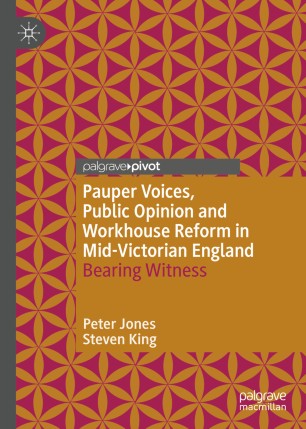

Most ebook files are in PDF format, so you can easily read them using various software such as Foxit Reader or directly on the Google Chrome browser.
Some ebook files are released by publishers in other formats such as .awz, .mobi, .epub, .fb2, etc. You may need to install specific software to read these formats on mobile/PC, such as Calibre.
Please read the tutorial at this link: https://ebookbell.com/faq
We offer FREE conversion to the popular formats you request; however, this may take some time. Therefore, right after payment, please email us, and we will try to provide the service as quickly as possible.
For some exceptional file formats or broken links (if any), please refrain from opening any disputes. Instead, email us first, and we will try to assist within a maximum of 6 hours.
EbookBell Team

4.8
24 reviewsThis book represents the first attempt to identify and describe a workhouse reform ‘movement’ in mid- to late-nineteenth-century England, beyond the obvious candidates of the Workhouse Visiting Society and the voices of popular critics such as Charles Dickens and Florence Nightingale. It is a subject on which the existing workhouse literature is largely silent, and this book therefore fills a considerable gap in our understanding of contemporary attitudes towards institutional welfare. Although many scholars have touched on the more obvious strands of workhouse criticism noted above, few have gone beyond these to explore the possibility that a concerted ‘movement’ existed that sought to place pressure on those with responsibility for workhouse administration, and to influence the trajectory of workhouse policy.